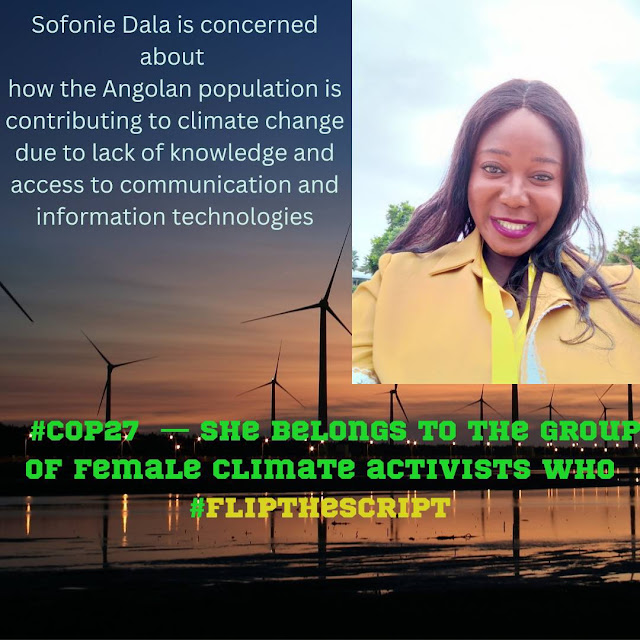Climate change: Angola's extreme rains behind deadly flooding
How climate change is making record-breaking floods the new normal
The heavy rainfall behind deadly flooding in Angola in April was made more likely by climate change.
The floods in Luanda and other areas killed over 300 people as towns and villages were swamped.
With higher temperatures, we have more energy in the Earth’s system. Higher ocean water and air temperatures increase the possibility for evaporation and therefore cloud formation. At higher temperatures, the air can hold more moisture content. This can lead to an increase in precipitation intensity, duration and/or frequency.
The Angolan Authorities today revised upwards the number of deaths as a result of rains in Angola, which went to 332, between August 15, 2022 and April 21, 2023.
There are still at least 649 injured, 4.292 houses damaged, 3.827 houses destroyed and 1.741 flooded and 18.860 families affected.
Everyone – governments entities at all levels, business, civil society, individuals -- need to be prepared to face more extreme weather events as the climate continues to change at an increasing pace.
Extreme flooding will continue to be concentrated in regions where humans have built on floodplains or low-lying coastal regions. As global warming increases the likelihood for more extreme weather events to occur, risks will expand beyond the high-risk areas known today. More extreme flooding must be expected, and for the towns and cities where flooding has already occured, theirs will no longer be a ‘once in a lifetime’ risk but now far more frequent.
It is clear to everyone's eyes that global warming has made rainfall heavier than ever.
Sofonie Dala
About the author
Sofonie Dala is an interdisciplinary researcher and award winning digital entrepreneur, philanthropist and activist who is founder and CEO of the startup Talentos Multiplus, that seeks to create a community cooperative with a sustainable activity model that empowers women living below the poverty line.
Ms. Dala is a driven professional leader with expertise in the fields of Education, Gender, Science, Technology & Innovation, International Development and Research with successful assignments in Angola. She has published several articles, posted influential topical blogs, organized and executed nationwide public awareness campaigns on key issues of sustainable development goals (SDGs).
Education
Ms. Dala is an independent scholar with a Master's degree in Oil and Gas Geology from UFA State Petroleum Technological University, Russia (2010-2015). Additionally, She holds a Postgraduate Diploma in Media Management and Leadership from Rhodes University, South Africa (2019-2020). She is self-motivated and digitally well literate, has leadership and critical thinking skills and is fluent in English, Portuguese and Russian. Ms. Dala seeks to push governments to focus on some priority areas of girls and women’s education. These priority areas include; bridging the digital divide, targeting child marriage and teenage pregnancies, ending gender-based violence, supporting environmental and climate justice, poverty alleviation, and the achievement of the 17 UN sustainable development goals (SDGs).




Comentários
Enviar um comentário